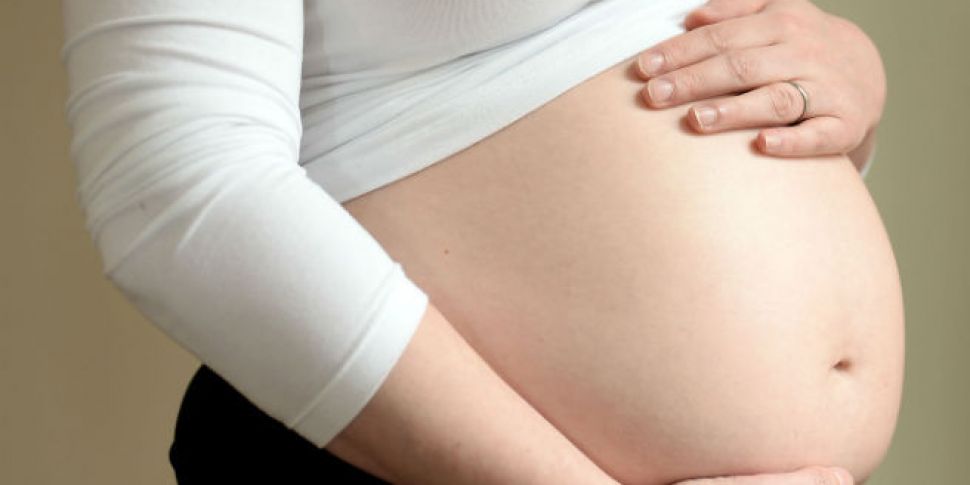The average age of Irish women having a baby in 2016 continues to rise.
In 2016, the average age of first time mothers rose to 33. On top of that, 43,761 less women aged 20-39 had babies compared to those recorded in the 2011 Census figures.
Children born to every woman aged 70-74 in 2016 averaged 3.27.
The average number of children born to women aged 45 and over was recorded county-by-county - Donegal had the highest rate at 3.08 children per woman, followed by Monaghan (3.07) and Offaly (3.06).
Dublin city, Dún Laoghaire-Rathdown and Galway city had the lowest rates, at 2.38, 2.41 and 2.45 respectively.
The benefits of egg-freezing
As more woman decide to have children later in life (or to go it alone, as reflected in the number of one-parent mothers at almost 90,000), egg-freezing is becoming a more common practice.
Speaking following the release of the figures, Dr Bart Kuczera medical consultant with Beacon CARE Fertility said: “Increasing numbers of Irish women are choosing to delay motherhood - between 5-10% of patients I see are now choosing to go out it alone for a variety of reasons including the inability to find a suitable partner, the failure of a long-term relationship and indeed the greater financial independence.
"However, a women’s fertility begins to decline at 30 with a significant drop at 35 and an even more significant drop by the time a woman reaches 40. Often the biggest problem facing patients is reduced egg quality which often leads to failed IVF or miscarriage.
"The reality is that when a woman gets to 40, up to 80% of her eggs have a chromosomal anomaly. Egg-freezing gives women more choice to preserve their fertility for the future, giving them the flexibility to wait for the right time."









